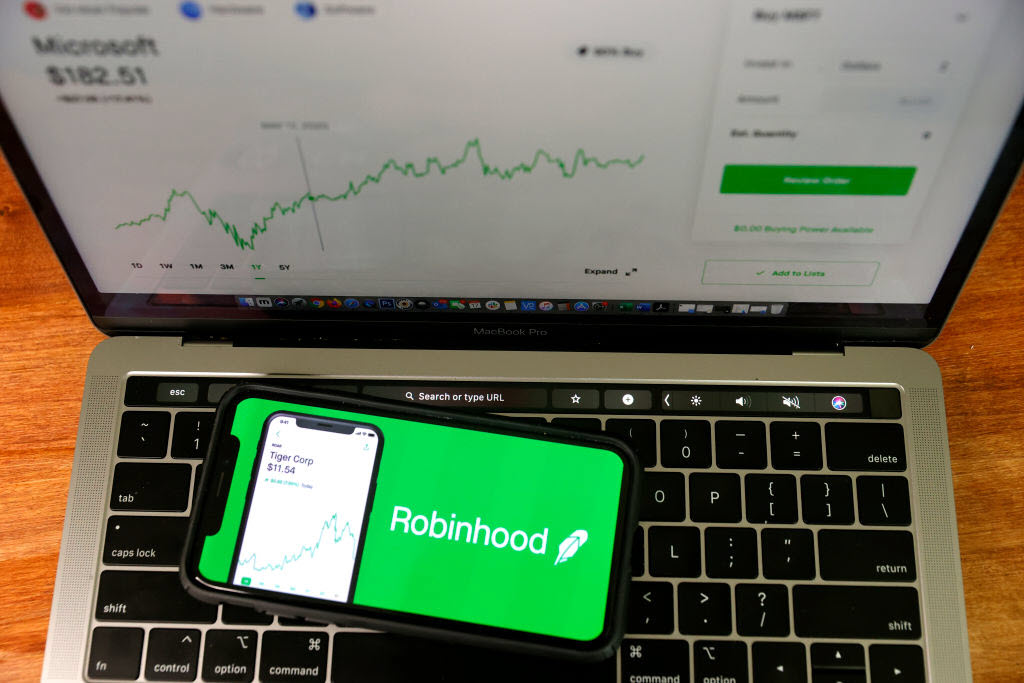IPO
Robinhood's rescue: The VC deal that turned a crisis into one of 2021's biggest IPOs
July 28, 2021
In a market environment where rapid dealmaking has become the norm, venture capitalists' multibillion-dollar investment in Robinhood during the GameStop stock saga earlier this year stands out.
On the morning of Jan. 28, stock-trading clearinghouses told Robinhood to post $3 billion in regulatory capital. Without these funds, Robinhood's investing app wouldn't be able to continue its normal course of business.
Robinhood turned to its VC backers, who within days structured an emergency $3.5 billion convertible debt deal. The debt accrued interest at a rate of 6% and converted to equity at a 30% discount to the IPO price, which was set at $38 on Wednesday.
That rescue package, led by key Robinhood backer Ribbit Capital with participation from investors including NEA and Index Ventures, underscored the value of venture capitalists' decisiveness and speed, even at a time of crisis.
Robinhood's immediate response to the regulatory capital shortage was to halt purchases of the so-called meme stocks—like GameStop. Since the reason for this action wasn't immediately apparent, Robinhood's move left the brokerage under fire from lawmakers, celebrities and some users who complained that the company was helping hedge funds cut the losses on their GameStop short positions.
But the company's VCs were unfazed by the PR disaster. They recognized that the media attention increased the brand's recognition, and, indeed, the platform saw its monthly active users rise to 17.7 million by March, up from 11.7 million last December.
After its public profile leaped, so did Robinhood's value on secondary trading markets.
Bids for the company's shares were in the $35 to $36 range at the end of December, according to Greg Martin, managing director at Rainmaker Securities, an investment bank specializing in sales of pre-IPO companies. "By late January, the company traded [at] up to $55 in the secondary markets," Martin said.
Investors who took part in the January emergency funding stand to be rewarded with a return of 44% at the offering price, according to PitchBook's calculations.
While this gain pales compared to what earlier round backers will make on the IPO, it represents a strong return for a six-month holding period.
Robinhood's IPO price of $38 is at the lower end of the company's estimated $38-to-$42 range last week. The offering raised $1.89 billion and gives the company an initial market capitalization of $36.3 billion on a fully diluted basis. PitchBook's interactive infographic recaps milestones of Robinhood's journey to Wall Street.
This is about three times Robinhood's nearly $12 billion valuation set at the company's last priviate fundraising in September.
The jump in value reflects the company's massive growth since 2019.
In 2020, Robinhood's revenue was $959 million, a 245% increase from the previous year, according to the company's prospectus. And revenue growth appears to have accelerated in Q1 2021, reaching $522 million—a fourfold increase over the $128 million booked in the first quarter of 2020.
Despite the impressive top-line numbers, Robinhood's shares priced Wednesday below the $50 to $60 range where the company's secondary market bids traded since March, according to Rainmaker's data.
Investors' expectations may have tapered amid the pullback in cryptocurrencies and questions of whether users will continue to trade on Robinhood with the same voracity after returning to offices.
Comments:
Thanks for commenting
Our team will review your remarks prior to publishing.
Please check back soon to see them live.